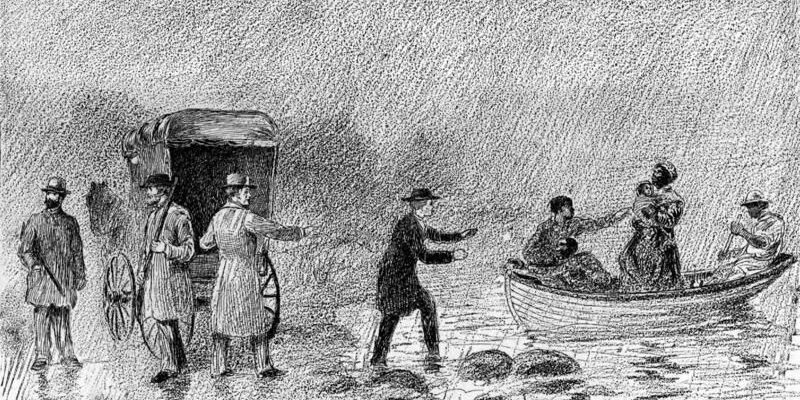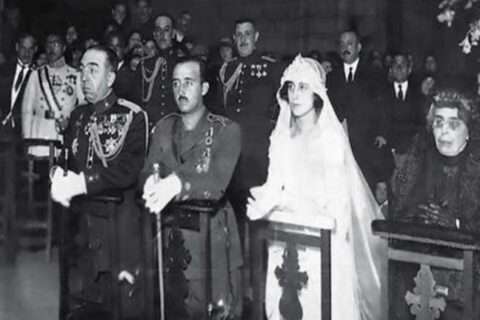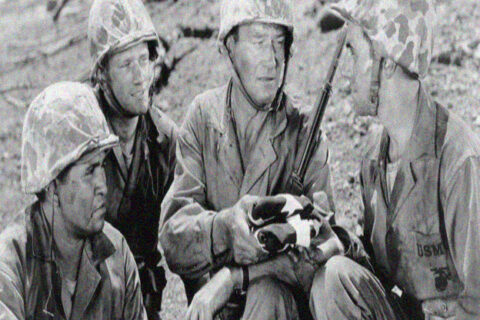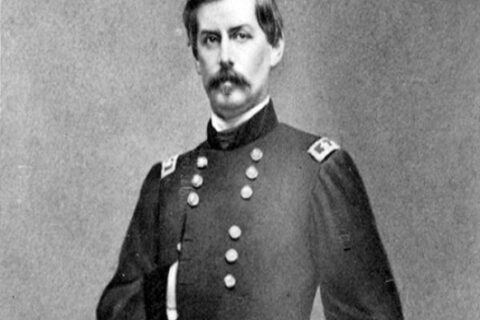You walk into any high school in America, pickup a history book, and look up the War Between the States, what do you find? You will inevitably find a section preaching the greatness of the Underground Railroad and the brave souls that made it possible – the wonderful abolitionists of the North that helped these poor people escape the perils of chattel slavery. Let’s say I buy into this narrative, as most of the country has; in fact, you can currently find Pulitzer prize winning books and mainstream movies about how these brave former slaves and sympathetic whites saved so many enslaved people. I will admit that there was an escape route for runaway slaves to and throughout the North, but it isn’t because of the righteousness of the Union states that it existed. I argue that, if anything, the North did not actually want escaping African slaves.
If we conduct a thorough and historical review of the time period, and consider the narrative that the North was a welcoming land for African slaves, then why wasn’t there a mass exodus at the end of the War? Surely, if you are an oppressed person you would want to get out from under the thumb of a brutal and evil slave-based society and start over? However, the bulk of the African population is still in the South, and no mass exodus to the North of newly free slaves occurred before, during, and after the War. One of the reasons that slaves did not escape to the North is, quite frankly, it was illegal for them to live there. In 1851, Indiana made it illegal for Negroes or Mulattos to settle in the state. Prior to 1851, Negroes and Mulattos had to post a bond to settle in the state to prove that they would not be a burden or cause trouble. It was illegal for employers to hire unbonded Negroes.
In 1854, Arthur Berkshire married a black woman in Ohio and brought her to Indiana, the Indiana Supreme Court not only nullified the marriage, but also fined him ten dollars for harboring a Negress. This is also the reason that if you follow the Underground Railroad paths that are documented, they go to Canada. The Midwest made sure to keep them moving on, not because they feared they would be recaptured and returned, and not because of their hospitality and good heart, simply because the Midwest region did not want Negroes in the area.
What about Illinois? This is the Land of Lincoln, home of the “Great Liberator.” Surely, this state would be more open to escaping slaves? From 1820 to 1853, it was a legal requirement for any white male to stop and ask a Negro for his freedom papers. If they could not produce freedom papers, they were to be placed under citizen’s arrest and taken to court. If they were on the runaway list, the man that brought them in would receive a reward. 1853 is well before the War Between the States, so what changed in 1853? Illinois passed a law that made it illegal for Negroes to even settle in the state. If a free Negro was in Illinois, they could stay a maximum of ten days, then then they were fined. If they couldn’t afford the fines, they were auctioned off for “indentured servitude.” The state claimed this was not slavery because there was a legally binding contract agreed to by both parties. So much for the Land of Lincoln being a staunch supporter of the Underground Railroad, not to mention that the southern half of the state included many slave owners.
Ohio was slightly more liberal about it, they only required a $500 bond to live there. That would be slightly under $20,000 dollars in comparison to today’s standards. So while it was legally possible, it was not exactly feasible.
What about the Northeast? You’d think the Yankees would view things differently. This is a simple case of following the money. The Northeast was, at one point, highly supportive of slavery, not only were they making money selling the products of the South, but they were making money selling slaves, not only to the South but the entirety of North America. In fact, New York was known for making money on slaves sometimes twice over. Richard Bell dubbed it as the reverse Underground Railroad. Jonathan Daniel Wells actually wrote a book titled The Kidnapping Club. The book describes how blacks in New York were captured and sold, even if they had freedom papers. Not to mention that this area of the country made money on slaves all the way up to 1886 when Cuba disbanded slavery. Moses Taylor (financial capitalist head of what is now CitiBank), Richard Riker and Governor William Marcy all supported returning slaves to their proper owners.
Do think Lincoln convinced these financial titans that slavery was morally evil? I highly doubt it. I doubt it for one because Lincoln had no intention of ending slavery, except when it became a wartime necessity, and had promised to make the rich richer if elected. No, these proponents only supported the Union when it touched their profit margins. If the South successfully seceded, they would lose huge amounts of money. The Northeast needed the Southern markets and goods to sell to other countries and make money. Their money was made on shipping, not actually producing anything; losing the South to secession would break them. This is what forced them to back Lincoln financially, and the real reason Lincoln invaded the South.
Mexico had allowed slaves to enter in 1837 without hesitation. This was more an effort to destabilize Texas and the U.S. economically. Slaves that escaped through the southern border were quickly sent to the front lines of Indian Wars and learned that the brutal usage of corporal punishment was standard in Mexico. While the reported number of escapees to Mexico is much lower, I doubt there was much tracking taking place.
What does all this mean, more or less? It means that the narrative of the War Between the States being about “Free States vs Slave States” doesn’t make much sense. Even if a “fee state” was against slavery, it absolutely did not want escaping slaves or even free Negroes to settle in the state. The Underground Railroad is always used as proof that the Northern states were helping the slaves because of some higher moral calling. Yes, it existed and I am sure it was mostly other escaped slaves that helped run it, and most likely subversives of the day. Clearly, though, it wasn’t some sort of Yankee moral code that had anything to do with it.
-By Dixie Anon

O I’m a good old rebel, now that’s just what I am. For this “fair land of freedom” I do not care at all. I’m glad I fit against it, I only wish we’d won, And I don’t want no pardon for anything I done.






There was also the Triangular Trade. Rum manufactured in the Northeast, especially Boston, was traded to Africa for slaves. The slaves were then traded in the West Indies for molasses, which was brought to the Northeast to make rum.
A number of old New England and New York fortunes were made that way.
It was a topic in American history in Massachusetts schools up to the 60’s, at least. A history told matter-of-factly, without moralizing.
“Fined ten dollars for harboring a Negress.” That was half an ounce of gold, back in the day, for one of the all time heinous crimes lol. Very interesting article, and worth passing on to one and all. Thanks!